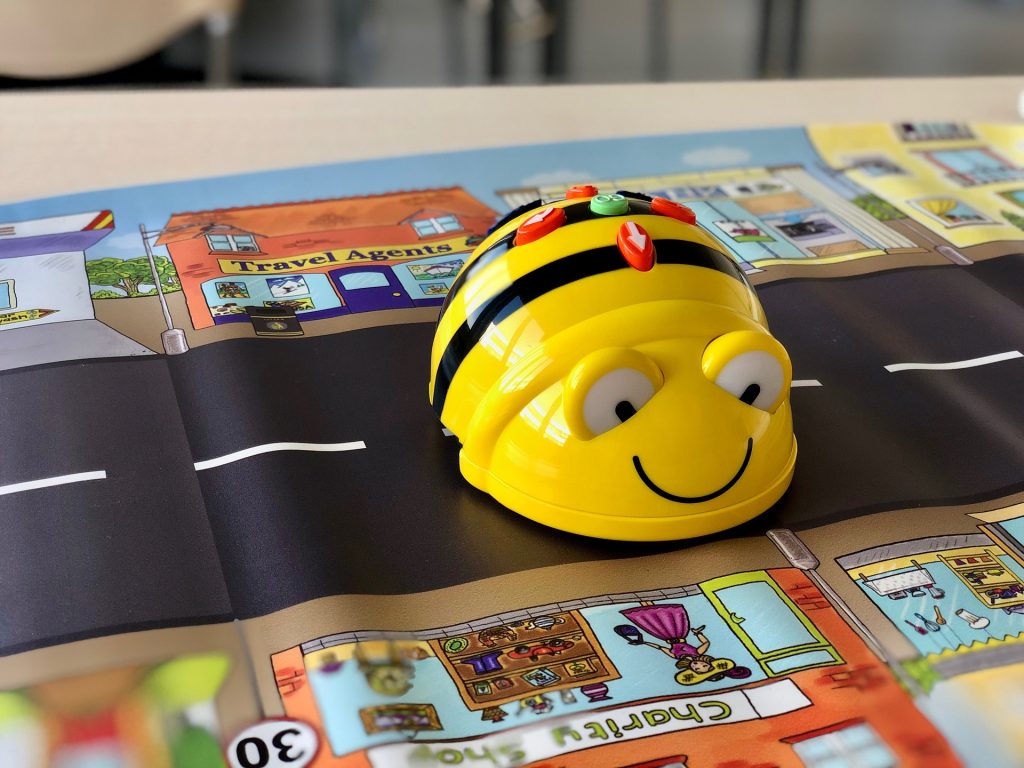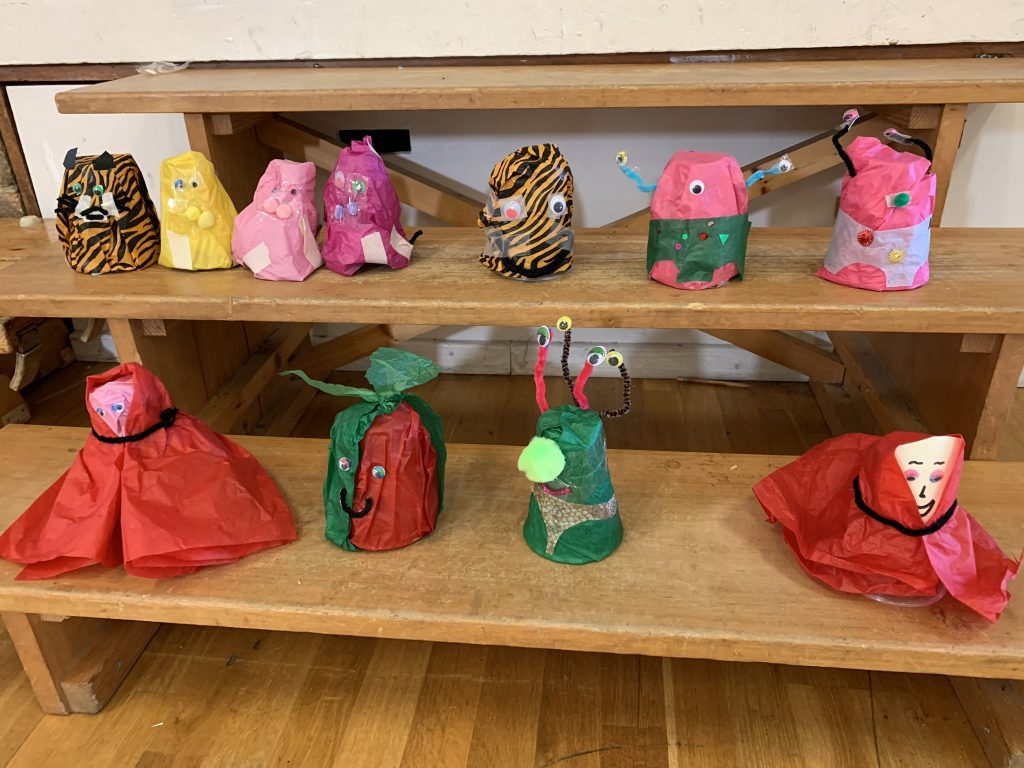Computing Champions use a range of hardware and software to bring fun, exciting and engaging technology based sessions to children in your school.
Schools typically choose Computing Champions when they:
- Want access to additional equipment to enhance the curriculum (e.g. using physical computing devices to develop pupils’ programming ability)
- Don’t have the expertise or experience to teach certain sessions (e.g. e-Safety)
- Want to stimulate pupils on the gifted and talented register (e.g. game development using programming languages)
- Wish to enhance the content of creative subjects (e.g. stop frame animation in art)
- Need a specialist to deliver a session (e.g. using blogs to develop boys’ writing)
- Desire the curriculum to be covered in more innovative ways (e.g. producing an iPad app for a history topic)
We will work with your school to ensure technology usage fits closely with your curriculum and the children get the most from each session. Experienced educator and lead consultant, Neil Rickus, delivers the sessions, although other staff may be used to assist as appropriate.
Outlined below is an example of the content for our robotics and physical computing workshop. Other workshops often requested by schools include stop frame animation, programming and online safety.

Workshop example – Robotics and physical programming
Programming lights, buzzers, motors and robots is extremely engaging for pupils and often leads to a lightbulb moment (excuse the pun!) about how computers function. Depending on your preference, the workshops could focus on using the BBC micro:bit, the Crumble, or other physical computing devices.
All resources will be brought along for use during the session.
Our robotics days can be differentiated depending on your pupils’ ability. For example, the workshops could be altered to the needs of those pupils on your gifted and talented register by developing advanced thinking and problem-solving skills.

What does the workshop involve?
All our workshops can be tailored to your school’s specific needs and help meet the requirements of the KS2 Computing National Curriculum, with a specific focus on the following Programme of Study area: design, write and debug programs that accomplish specific goals, including controlling or simulating physical systems
A typical session, containing a mixture of problem solving and program development, could include:
- Overview of the session and examples of work pupils will produce
- Introduction to basic programming commands (e.g. flashing a light on and off)
- Sequencing instructions for components (e.g. traffic light sequences; warning buzzers)
- Decision making / responding to events (e.g. a robot turns around if it bumps into a wall)
- Repetition of instructions (e.g. a Lego crocodile’s mouth continually moving up and down)
- Designing and making a physical end product (e.g. a step counter / FitBit)
- Sharing programs
- Parental showcase – parents / carers visit school to see what the children have produced during the day
The workshops can also build on children’s existing knowledge, including content taught during ICT / Computing lessons. Should staff training be required, this can also be arranged.
Who is the workshop for?
The session outlined above is suitable for able Y3 children and upwards, with older children able to attempt more complex problems and produce increasingly advanced programs. An example of what pupils could produce can be seen in this Tweet from a recent workshop:
Great work by Y5 children this morning @tannerswoodWD5 designing, making and programming their Crumble Easter decorations 🐣 #caschat pic.twitter.com/mow1pCh0SX
— Neil Rickus (@computingchamps) March 11, 2020
